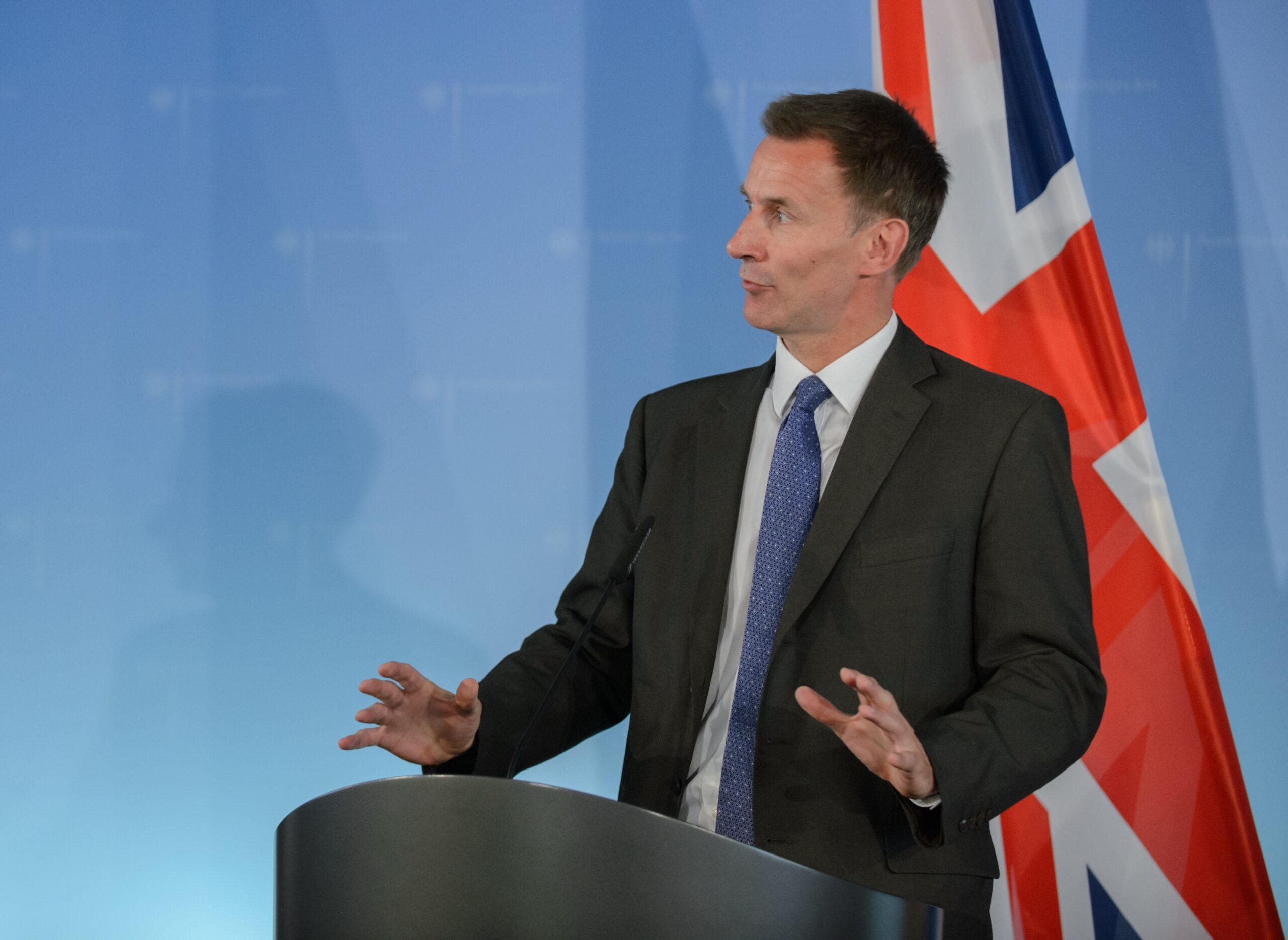Household Bills
Spring Budget 2023: Government hikes corporation tax but extends ‘full expensing’ for businesses

In the Spring Budget today, Chancellor Jeremy Hunt confirmed the expected corporation tax rise from 19% to 25% for companies with over £250,000 in profits would go ahead, but maintained the levy is the lowest of its kind among G7 economies.
The rise in corporation tax from 19% to 25% had been widely expected but was greeted with disappointment by some commentators.
Alistair Nichol, tax partner at wealth managers Evelyn Partners, said: “Few expected the Chancellor to row back from the planned hike in corporation tax from April. However, business will be disappointed by the lack of a clear roadmap to bring down corporation tax in the coming years. Businesses think and plan long term, and they need the clarity to make investment decisions.”
Hunt was also attacked for the rise by those in his party including former Home Secretary Priti Patel and backbench MP Simon Clarke.
A balancing act
Meanwhile, presumably as a way of balancing the hit on business, Hunt announced he would replace the ‘Super-deduction scheme’, due to end this month on 31 March, with the introduction of ‘full expensing’ from 1 April for three years. This allows companies to write off the full cost of ‘IT equipment, plants or machinery’ against taxable profits in the year of investment, instead of over the life of the asset, a potentially powerful driver for business investment. Hunt said government will make it permanent when ‘fiscal conditions allow’.
Super-Deduction was the tax relief scheme first introduced during the pandemic to boost company investment from 1 April 2021 until the end of March 2023. Companies were allowed to claim 130 per cent capital allowances on qualifying plant and machinery investments.
Explaining the rise in corportion tax and the introduction of full expensing, the government Budget document said: “The UK has the joint most generous capital allowance regime in the OECD with a Net Present Value (NPV) of 100%. NPV measures the value of tax relief today, reflecting that relief upfront is better than relief later. Capital allowances allow businesses to write off the cost of qualifying expenditure against taxable income, thus cutting businesses’ overall tax bill. This means that until April 2026, for every £1 invested in qualifying expenditure, companies can save up to 25p on their tax bill.”
Hunt said only 10% of businesses would pay the full rate and anticipated that his new “full capital expensing” policy was equivalent of a corporation tax cut worth an average of £9bn a year.
He told the Commons it would lead to a 3% increase in business investment a year and without it, the UK would have “fallen down international league tables on tax competitiveness and damaged growth”.
In the 2023-24 fiscal year, UK corporation tax receipts totaled £82bn, against income tax at £168bn and council tax at £44bn.
Mixed reactions
Taking both measures into account, there were mixed reactions from financial commentators.
Kitty Ussher, chief economist at the Institute of Directors, said: “Our economy has been held back in recent years because people running businesses have felt nervous of committing to investment when the climate is so uncertain.
She said: “The introduction of 100% full expensing for the next three years is therefore very welcome and we urge it to be continued thereafter. It simplifies the system, removes confusion about whether digital investments count as capital and crucially incentivises investment by reducing the up-front cashflow risk.
However, Danni Hewson, head of financial analysis at AJ Bell, was not quite so upbeat.
She said: “Billed as a Budget for growth, there’s not much for businesses to get excited about. ‘Full capital expensing’ is pretty headline grabbing but the problem is it replaces the super deduction which at 130% was a tad more generous. Businesses are also having to factor in the increase in corporation tax, so it feels a bit like they’ve been short-changed on this one.”